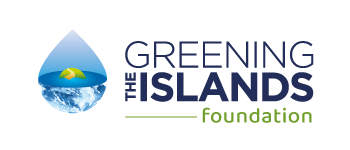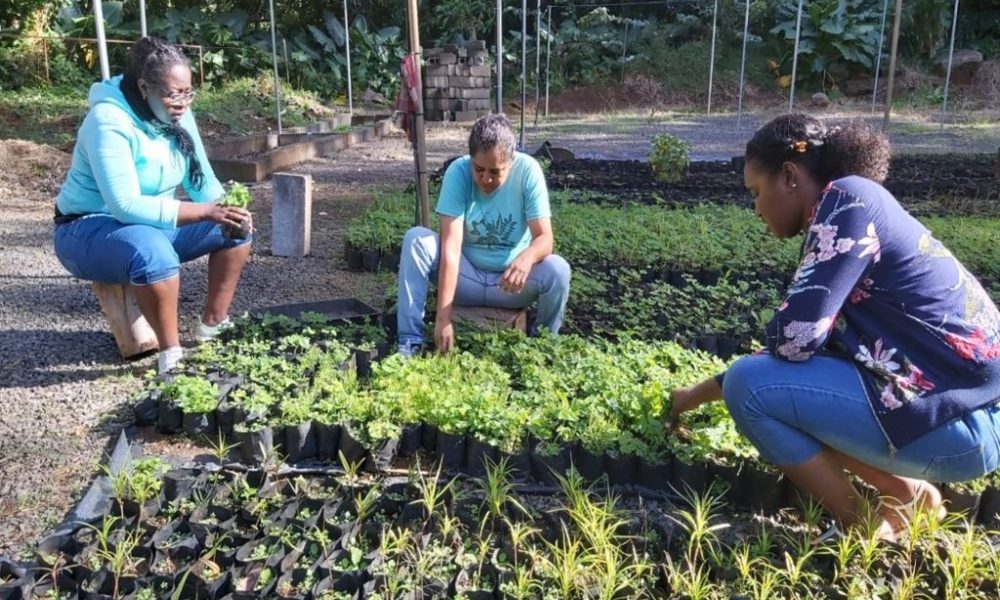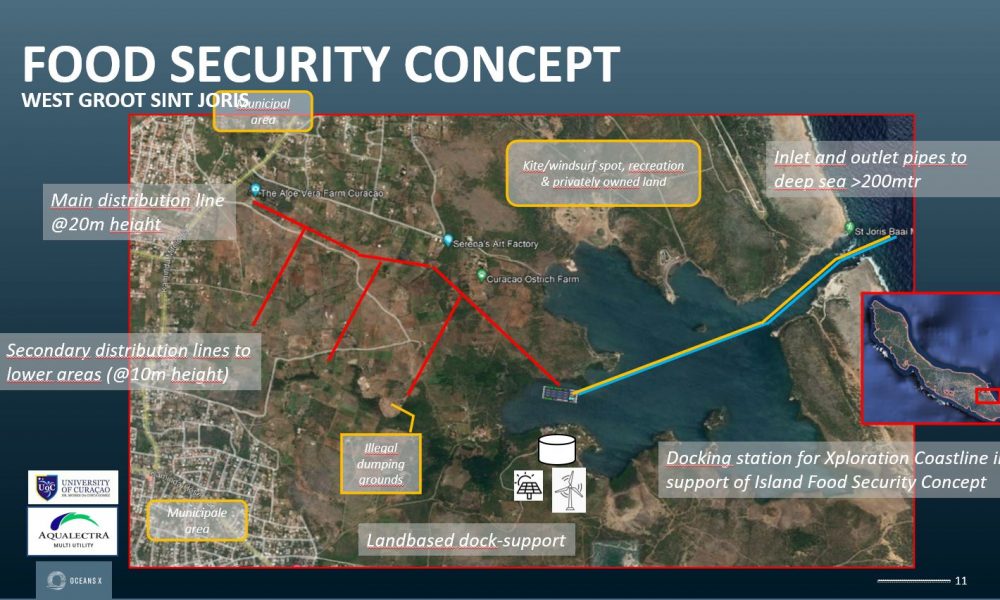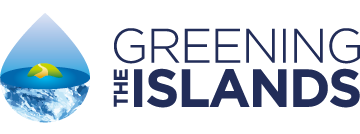Aloha+ Challenge Dashboard
Projects

Aloha+ Challenge Dashboard
GTI Awards 2020 – Sustainable tourism
General information:
Island (Region, Province, Country):
Hawaiʻi Islands
Population:
1.416 million
Budget / cost of the project:
$150,000 per year, not including in-kind technical and other support for the Aloha+ Dashboard.
Project objectives:
Hawaiʻi tracks progress in achieving its 2030 sustainability goals through the Aloha+ Challenge Dashboard. The Aloha+ Challenge is a locally driven sustainability framework consisting of six goals that provide a holistic approach to solutions grounded in Hawaiʻi’s island values and legacy of systems thinking. The Dashboard is on the Hawaiʻi State Government’s website and is an open-data platform designed to provide accountability and transparency with community-driven metrics to inform statewide and county-level decision making. Guided by measuring what matters to Hawai‘i’s communities, the Dashboard currently tracks Hawaiʻi’s sustainability progress through 37 targets and over 200 data sets.
Project description of activities and specific interventions:
The Hawai‘i Green Growth Local2030 Hub began development of the Aloha+ Challenge Dashboard in 2014 when statewide leadership launched the Aloha+ Challenge 2030 sustainability commitment. Throughout the first year, a stakeholder engagement process brought together government, business, academia, philanthropy, civil society and community partners in meetings across all four counties. This process was designed to identify indicators for each of the Aloha+ Challenge goals and develop the online dashboard for decision makers, practitioners, and the public to track progress on Hawai‘i’s sustainability goals. A key component of this project and process was to build upon existing metric and data initiatives by stakeholders, while identifying key gaps needed to track progress. This rigorous, collaborative process provides a replicable structure to develop shared, meaningful indicators at the local level.
The Dashboard houses 200+ data sets that cut across economic, social and environmental targets to measure clean energy transformation, local food production, natural resource management, waste reduction, smart sustainable communities, and green workforce and education. The Hawai‘i Green Growth Local2030 Hub convenes stakeholders regularly through an established Dashboard & Measures Working Group to continually update metrics and develop innovative mechanisms for both community-driven data and policy tools for decision-makers. Newly enhanced this year, the Dashboard has been migrated to an Esri-based platform and offers increased data visualizations, interactivity and mapping to improve user experience when exploring data trends.
The Aloha+ Challenge Dashboard can be visited at alohachallenge.hawaii.gov
Public outreach, education and awareness efforts and results:
The Aloha+ Challenge Dashboard reinforces the importance of bringing partners together to share knowledge, assess data, and establish bold leadership, transparency and accountability in achieving a more sustainable future for both Hawaiʻi and other island communities. This year, the Dashboard informed the release of Hawaiʻi’s first statewide Voluntary Local Review. This unprecedented report is the first comprehensive, statewide SDG review from any U.S. state and quantifies Hawaiʻi’s sustainability progress with over six years of collected data. This milestone takes stock of collective progress as well as shared challenges that can not be solved by one group, one sector, or one administration, and will require diverse partnerships and innovation.
The Dashboard has spurred innovation across policy, data, technology, and community and entrepreneurial initiatives. The Dashboard is already inspiring scalable action to support sustainability measurement tools in Guam, Tasmania, and through the Local2030 Islands Network. The Dashboard serves as a case study for a successful open-data and stakeholder-driven model that engages public and private sectors to develop local metrics, indicators and community level measurements aligned with national and international sustainability ambitions.
Economic value added and how calculated:
The Aloha+ Challenge Dashboard continues to serve as a sustainability hub and launchpad for multi-sector collaborations and the advancement of collective priorities through data tracking. No conclusive research has been done to assess the economic value the Dashboard has provided over the past six years. However, we anticipate a thorough analysis would show the Dashboard has significantly helped Hawaiʻi stakeholders identify innovative ways to expand and redirect public and private contributions towards a green growth economy, and supported businesses and investors to align investments with CO2 saving projects.
The Aloha+ Challenge Dashboard also tracks metrics for Hawaiʻi’s business leadership on environmental, social and corporate governance (ESG) with members of the Aloha+ Challenge Sustainability Business Forum. Through this effort, the Dashboard has contributed to changing everyday business practices that impact the workplace, employees, corporate buying power, and the communities they are a part of.
Ecological and social project outcomes:
The Dashboard is consistently used as a policy tool by public, private and civil society partners to inform decision-making; notably during the State Legislature, climate commissions, and reports and publications across Hawai‘i’s sustainability priorities. Recently, having the Dashboard in place prior to COVID-19 created a gathering place for Hawaiʻi datasets as they emerged at the start of the pandemic. This included metrics on social distancing abilities, volunteer response efforts, and public health preparedness. During this time, the Dashboard also identified over 200 local projects and investment opportunities aligned with the Aloha+ Challenge that could support a green growth recovery for Hawaiʻi. The results of this data helped launch and facilitate the Aloha Connects Innovation program, which allocated federal CARES Act funding to connect and train displaced workers with new job opportunities in green industries and innovation sectors. County-level platforms have also been launched on the Dashboard this year to strengthen equity metrics among disadvantaged communities. These platforms are collecting household data in hopes to improve health, education, and additional access deprivations and overall standards of living.













